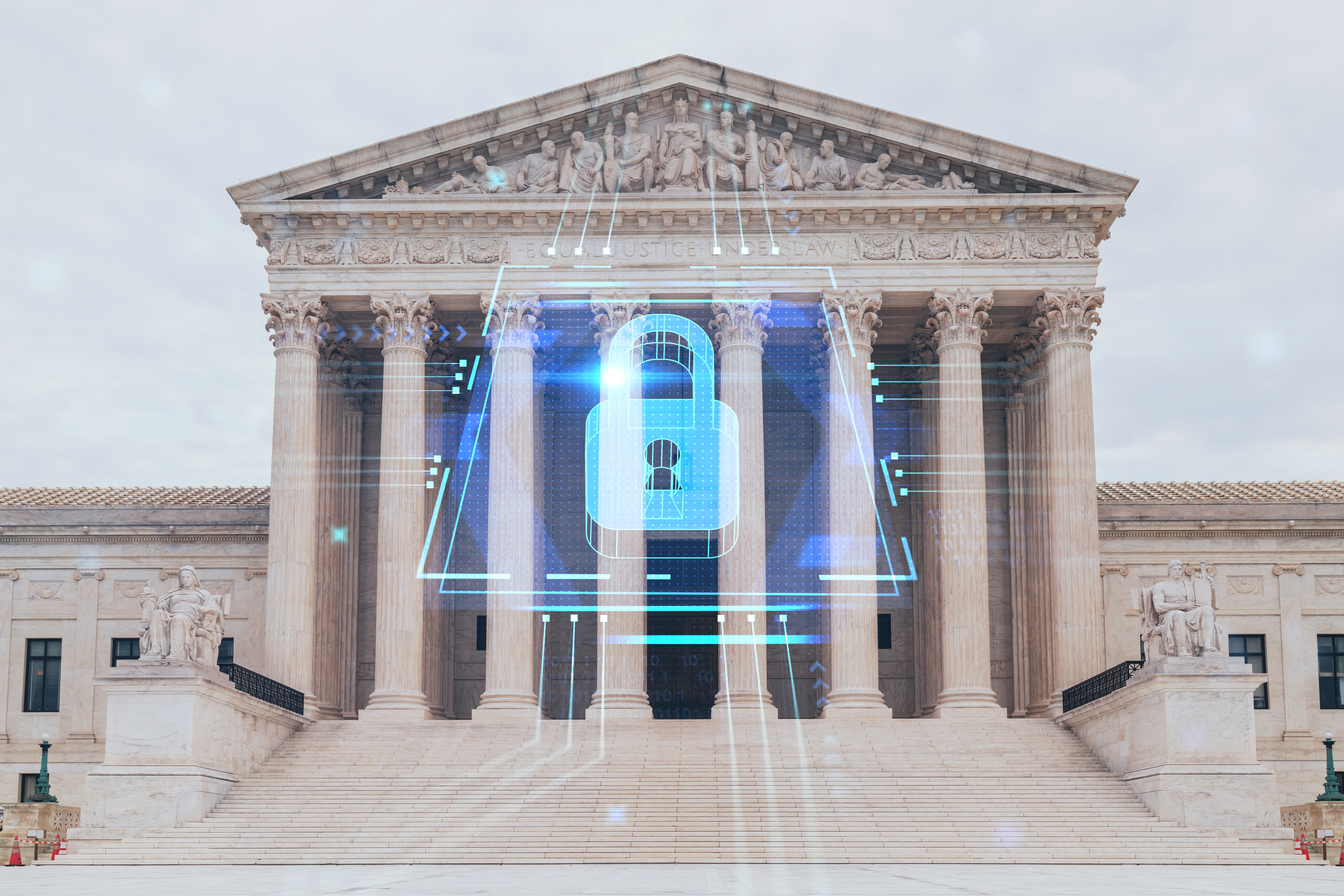By: Derek Odiorne
Introduction:
As a leading cybersecurity consulting firm, iFlock Security Consulting is committed to navigating and understanding the regulatory landscape that affects our clients' security and privacy needs. The recent Supreme Court decision to overturn the Chevron Deference doctrine has significant implications for the regulatory environment, particularly concerning HIPAA, AI, and Consumer Privacy laws.
Understanding the Decision:
On June 28, 2024, the Supreme Court, in its decision on the Loper Bright Enterprises v. Raimondo case, effectively ended the long-standing Chevron Deference. This doctrine, established in 1984, required courts to defer to federal agencies' interpretations of ambiguous laws they administer, provided those interpretations are reasonable. (SCOTUSblog & American Heart Association)
Implications for Regulatory Areas:
1. HIPAA (Health Insurance Portability and Accountability Act):
The removal of Chevron Deference introduces greater judicial scrutiny of the Department of Health and Human Services' (HHS) interpretations of HIPAA regulations. This change may lead to increased legal challenges and delays in implementing updates necessary to protect health information, potentially disrupting the stability of healthcare regulations. (American Heart Association)
2. Artificial Intelligence (AI) Regulations:
AI regulation relies on the expertise of federal agencies like the Federal Trade Commission (FTC) to interpret and apply laws effectively. The Supreme Court's decision means that interpretations of AI-related regulations will now be subject to more frequent judicial review, which could slow the adoption of new guidelines and create uncertainty for businesses utilizing AI technologies. (SCOTUSblog)
3. Consumer Privacy Laws:
The regulation of consumer privacy, essential in our increasingly digital world, may face significant upheaval. Federal agencies' interpretations of privacy laws will now be more vulnerable to legal challenges, potentially resulting in inconsistent enforcement and slower adaptation to new privacy threats (American Heart Association)
Our Position:
At iFlock Security Consulting, we recognize the importance of a stable and predictable regulatory environment for fostering innovation and protecting consumers. While judicial oversight is necessary, it is crucial that agencies retain the flexibility to interpret and enforce regulations effectively.
Advocacy for Balanced Approach:
We advocate for a balanced approach that preserves the benefits of Chevron Deference. Agencies must be able to respond swiftly and appropriately to emerging threats and technologies. This balance ensures that regulations remain robust and adaptable, providing necessary protections for sensitive information and promoting trust in digital services.
Commitment to Clients:
iFlock Security Consulting remains dedicated to supporting our clients through these regulatory changes. We will continue to provide guidance on navigating the evolving landscape, ensuring that our clients remain compliant, secure, and prepared for future challenges. Our goal is to help organizations stay ahead in an ever-changing digital world while maintaining strong security and privacy measures.
Conclusion:
The Supreme Court's decision to end Chevron Deference marks a significant shift in the regulatory framework. iFlock Security Consulting will continue to monitor these developments and advocate for policies that balance judicial oversight with the need for expert agency interpretation. We remain committed to helping our clients navigate this new landscape and uphold the highest standards of cybersecurity and privacy protection.
---
This statement articulates iFlock Security Consulting's stance on the recent Supreme Court decision and reassures clients of the company's commitment to navigating the evolving regulatory environment.
Subscribe To Our Newsletter
Get updates and learn from the best
More To Explore


